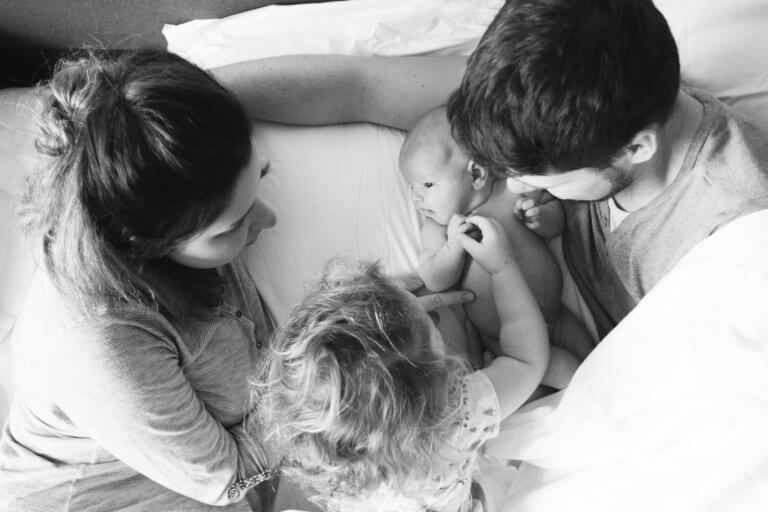As a new parent, you anticipate losing some sleep, you anticipate night-feedings, and you
accept a level of sleep deprivation. Once you’ve settled in though, things become so hard, so
fast. When that sleep deprivation compounds, you might find yourself vulnerable to all the noise
that all-too-often blares in the ears of new parents. The well-meaning advice about how to get
your baby to sleep so that you can sleep too.
With the lack of sleep you’ve been getting, you may buy into the idea that something is wrong
with how you parent and that’s leading to your baby’s sleep difficulties. Even worse, you may be
concerned that something is wrong with your baby. Take heart, your experiences are not
atypical, it’s not any one thing you are or are not doing that is causing your baby to sleep the
way she is sleeping. Babies simply do not sleep the way adults do because, well, they are not
adults.
This graph is a realistic representation of what sleep looks like for the first 18
months of life. Note that the peak of what is considered “good sleep,” is reached at around 3
months of age, leaving many parents relieved and expecting this to be a continued trend. A
quick look at the rest of the graph confirms that this, unfortunately, is not the way it generally
pans out. If parents knew not to expect it to stay that way, there would be so much less anxiety
about how to get baby to sleep in a way that defies their hard wiring.
It seems that often, while the sleep deprivation does make things difficult, it’s the dashed expectations of the parents that ramp up anxiety and frustration. It’s the feeling that all the other babies in the world are sleeping soundly through the night and that your baby is somehow having major challenges that are outside the norm. This is made even worse by the near-constant talk of how and why a baby should sleep 12 hours by 12 weeks or how once a certain weight, a baby is definitely ready to snooze the night-through. All those loaded promises wouldn’t even sell books if it were in fact true that babies can, do, and should sleep solidly through the night.
Okay, so babies just don’t sleep the way we wish they did. Got it. What’s the solution then? That’s the big question. Co-sleeping, done safely of course, can certainly make overnight nursing access easier and allow for sounder sleep for parents and baby alike and that is a common recommendation among breastfeeding mothers. Nonetheless, the most significant solution to making baby’s sleeping patterns tolerable is to let go of expectations. Stop looking at the clock each time baby awakens, stop counting the hours of sleep you’re losing, stop tracking baby’s nightly sleep stretches. Those things tend to fuel the anxiety since each glance at the clock and each recording of precious-lost sleep is weighed against an ideal that is neither common nor realistic.
Rather, if you take a deep breath and reflect on the difficult transitions you’ve already managed your way through; the birth of your baby, the first few nights with your newborn, the breastfeeding challenges that have been overcome, to name a few; you will recognize your own resilience and your own ability to do this hard thing. You are not alone in your exhaustion, others have struggled with this too; find a tribe to stand with in solidarity.
Your child will eventually sleep through the night and this season, while seemingly so very long, will not last forever.





